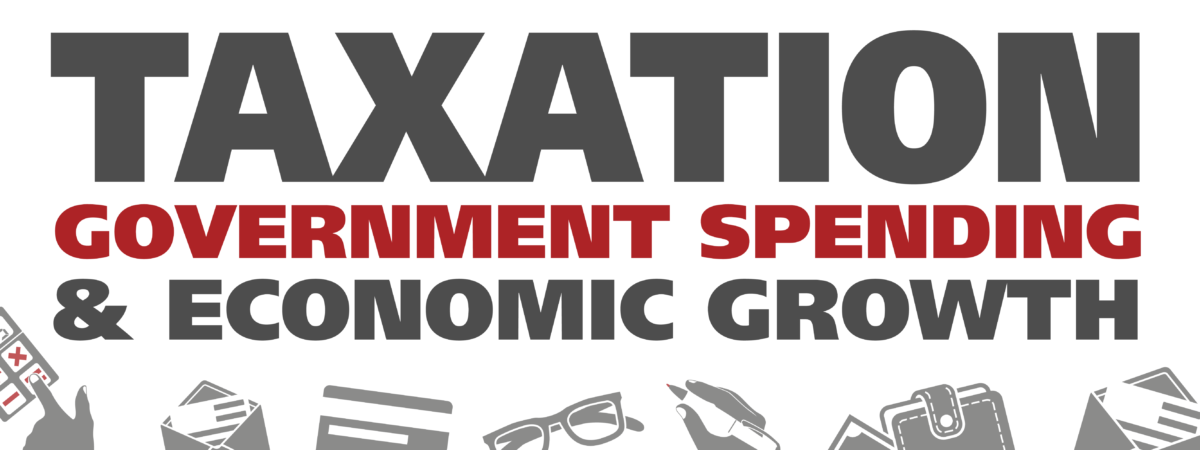Reform of London taxi regulations must be prioritised
SUGGESTED

IEA releases report on taxation and economic growth

IEA releases report on the costs & consequences of restrictions on migration

IEA release new report Hire Authority
A new report from the free-market think tank the Institute of Economic Affairs charts the blurring distinctions between taxis and new private hire services, examining myths aorund the creation of a new ‘unregulated’ sector. It demonstrates why one-size-fits-all models of pricing, vehicle standards and other regulatory requirements are outdated, calling for urgent deregulation of the taxi market to allow it to evolve and better suit consumer needs.
The need for reform:
- International evidence demonstrates the benefits for consumers when quantity restrictions are lifted. In New Zealand and Ireland, consumers have benefitted from shorter waiting times, lower fares and higher quality services.
- Before smartphones, apps and GPS there was a clear distinction between taxis and PHVs (private hire vehicles). Taxis were hailed for spontaneous trips and PHVs had to be pre-booked. Technological changes have rendered that distinction obsolete.
- Yet, whilst PHV markets are open and competitive, taxi markets are still heavily protected, with the number of licences capped. We should not be supressing the growth of new business models, but lifting restrictions in the taxi market generally, which would lower prices. To ensure the market remains competitive, archaic regulations such as quantity restrictions must be lifted and privileges abolished, to establish a level-playing field.
- There are significant barriers to entry for would-be black cab drivers. Aside from the stringent Knowledge test – which can take up to four years – the iconic black cab sells for nearly £43,000. This is almost twice as expensive as a hybrid Toyota Prius, the common choice of Uber drivers.
- It is a myth that smartphone-enabled apps have created an ‘unregulated’ private transport service. Organisations such as Uber do not just offer transport services, but a set of rules and regulations under which services are provided. Private regulation such as this is preferable to statutory regulation. It allows rules to evolve according to the preferences and demands of consumers, and ensures bad regulation does not become entrenched.
- Deregulation would foster more competition allowing drivers to compete with each other for business; passengers to compete for rides and apps to compete for users – again to the advantage of consumers and drivers.
Priorities for the reform of taxi regulation in London:
- A one-tier system of regulation, as the old separation between taxis and PHVs is obsolete.
- A preference for private regulations, which have been successful in app-based services.
- The abolition of taxi privileges (such as their monopoly on ranks) so as to create a level-playing field for taxis and PHVs.
- Control given to the London Taxi Drivers’ Association to regulate the quantity of black cabs and fare prices – just like private hire firms oversee their vehicles.
- Crucially, the LTDA should not have a monopoly – black cab drivers should be able to form competing brands within the trade.
Statutory regulations should be limited to criminal background checks, monitoring of fraud or illegal activity, and reviews of the state of competition in the market.
Commenting on the report, Mark Littlewood, Director General at the Institute of Economic Affairs said:
“Current regulation of the taxi market is archaic and needs urgent reform. The array of transport apps in London – which includes not just Uber, but Gett, Kabbee, Addison Lee, Karhoo and more – is testament to the wealth of choice that can occur in the free market. Yet much of the new regulatory measures taken have been obvious attempts to obstruct growth within these companies.
“The market must be liberated from overzealous government regulation to allow companies to regulate themselves according to market preferences, and to level the playing field for both taxis and PHVs in a way which encourages competition and growth and to improve service for consumers.”
Notes to editors:
For media enquiries please contact Stephanie Lis, Director of Communications: 020 7799 8909 or Nerissa Chesterfield, Communications Officer: 020 7799 8920 or 07791 390 268
The IEA’s report Hire Authority: Turning statutory regulation into private regulation for the UK’s taxi industry can be downloaded here.
The mission of the Institute of Economic Affairs is to improve understanding of the fundamental institutions of a free society by analysing and expounding the role of markets in solving economic and social problems.
The IEA is a registered educational charity and independent of all political parties.



